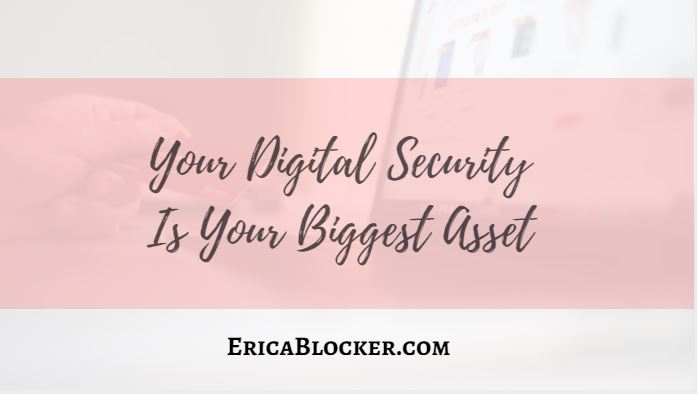If you’re someone who has ever been online, and that’s almost everyone in the world, you know every site you go to is going to collect data on you. It’s how companies find their readers and customers, how search engines construct algorithms for their ad placements, and how you’re going to find connections with other people and subjects that might matter to you.
However, the data retrieval often doesn’t stop there. There’s a lot of ways your data can fall into the wrong hands, and more than you think about your personal life could be being passed onto third party companies. And that’s something you absolutely don’t want! So if you’re someone who owns an online business, you need to make your digital security is top notch. Here’s some ways to do that.

Monitor All Visitor Activity
And no, that doesn’t mean look into the lives of everyone who visits your website, and it doesn’t mean track down IP addresses from time to time. Simply know where your users are coming from, how long they’re staying, and the kind of pages they like to frequent.
This is easily done with something like Singularity Networks, which you can easily install to monitor all computers used both in your workplace. This way, every employee you trust will know when an intrusion is taking place, and can immediately update you on the situation with just a few clicks. We’re modern after all, and that means we can find the information we need at the tips of our fingertips.
Know the Search Engine Updates
If someone wants to find your website, it’s obvious they’re going to go through a search engine to find it. However, the terms and conditions of these platforms change at all times, and because of that you’re going to have to keep up with all the new stipulations to make sure you’re, number one, accessible, and number two, not learning more than you should about the people coming through your virtual door.
Give People Options
When someone first clicks on your site, make sure you tell them that you’re collecting cookies on them and their website data. If you don’t, it’s a surefire sign that you’re untrustworthy, and someone is very likely to click straight off of you again.
Otherwise, if people can make purchases through your site, make sure you give them the option to not store their credit card or PayPal details in their account. This way there’s nothing for them to lose if their information is compromised, and then any risks they take with their own data is all up to them.
Your digital security is going to make you very attractive to anyone who could become a customer, and when you’re taking steps to make them feel as safe as possible, you’re going to make sure they come back to you again. The online world is full of scams after all, and you don’t want to be considered one if you want a good reputation.








